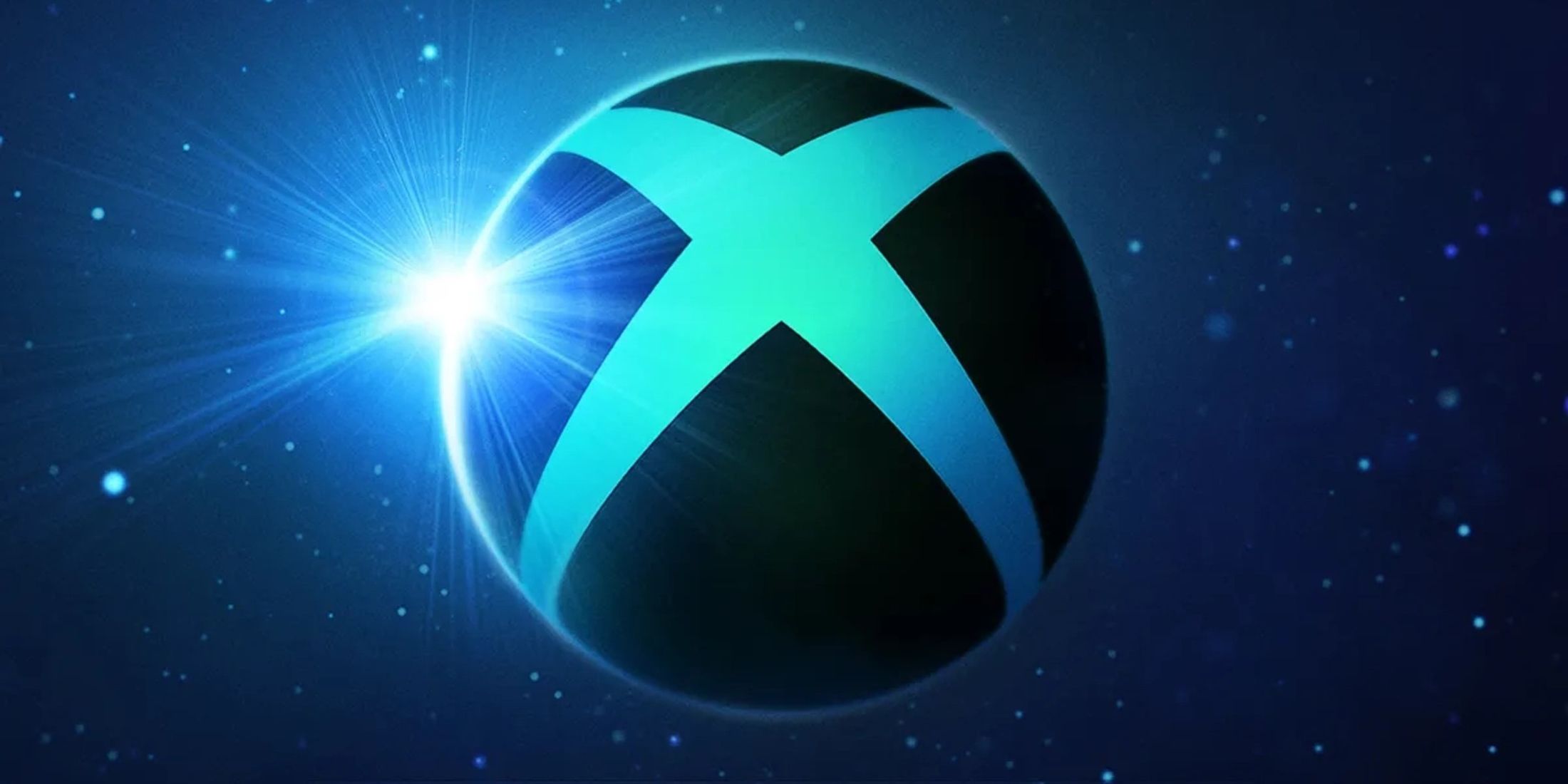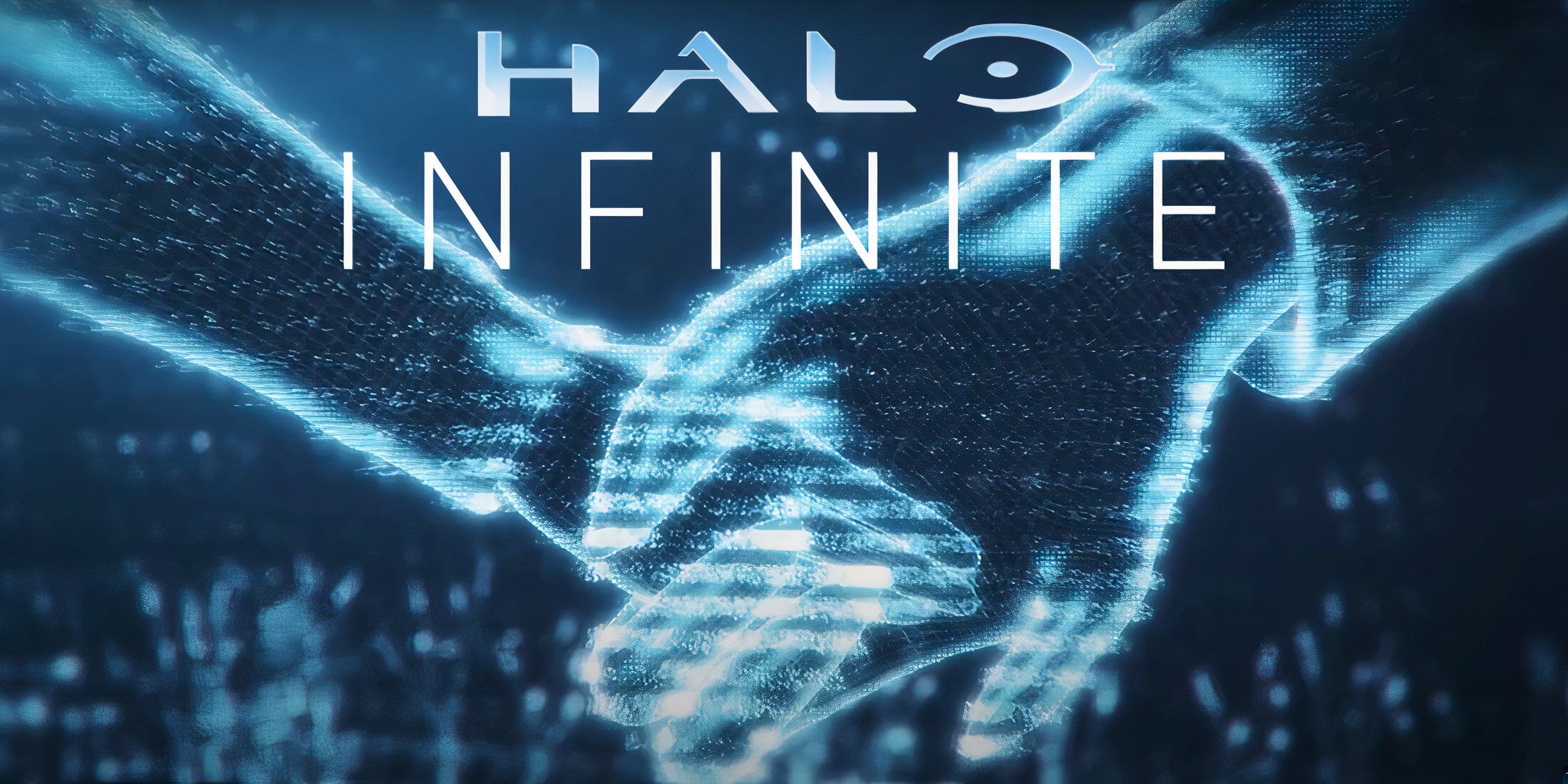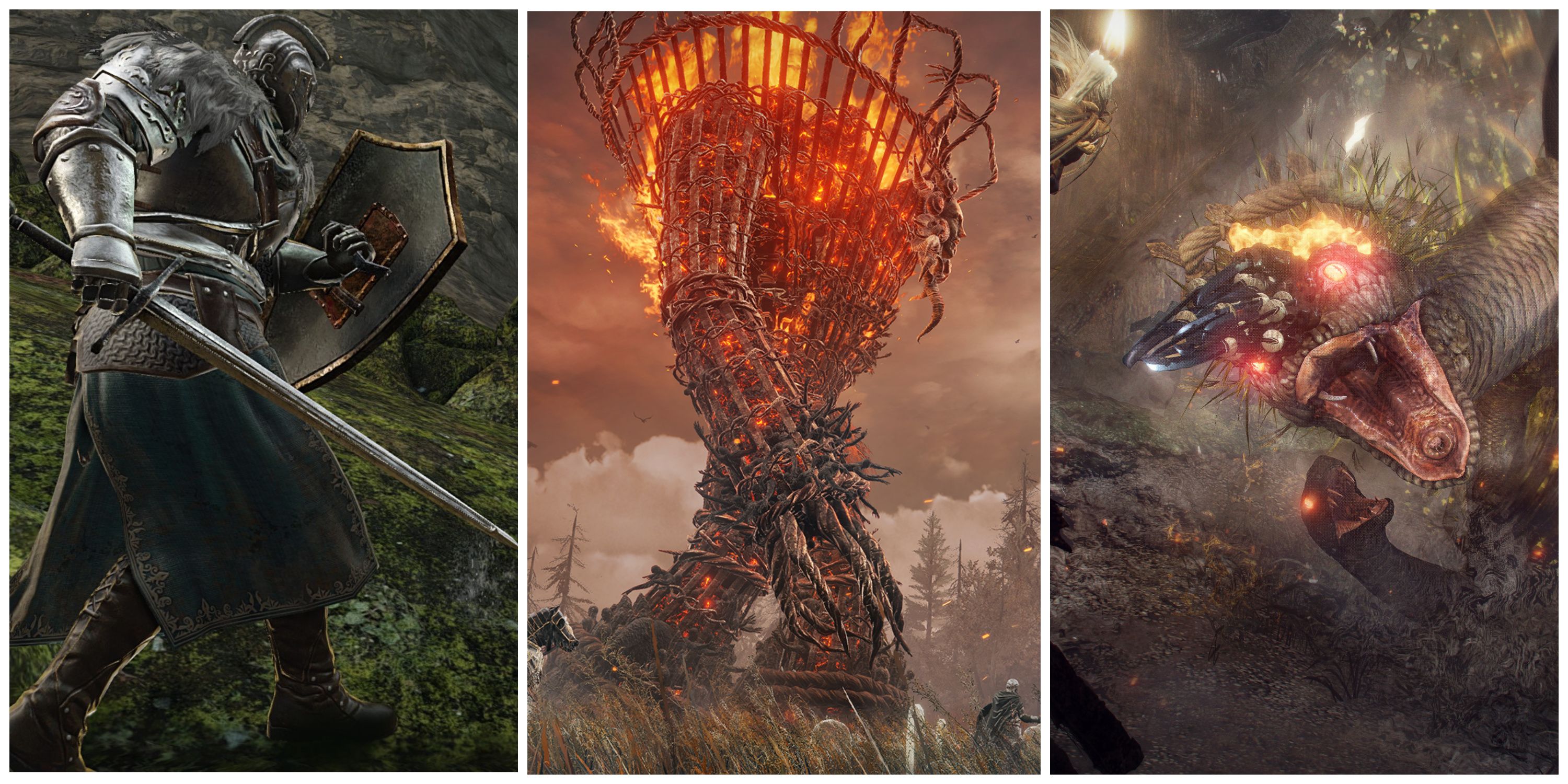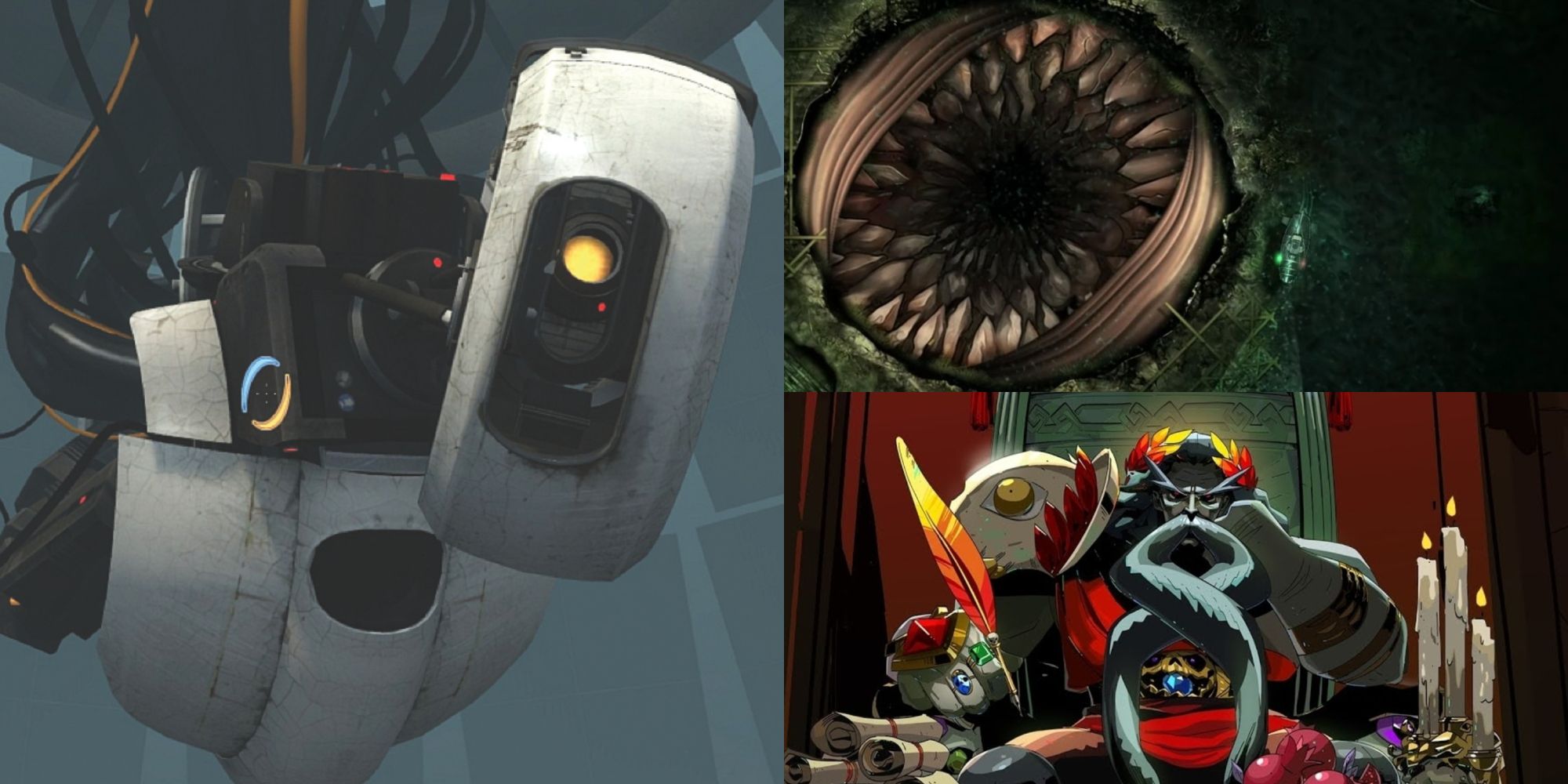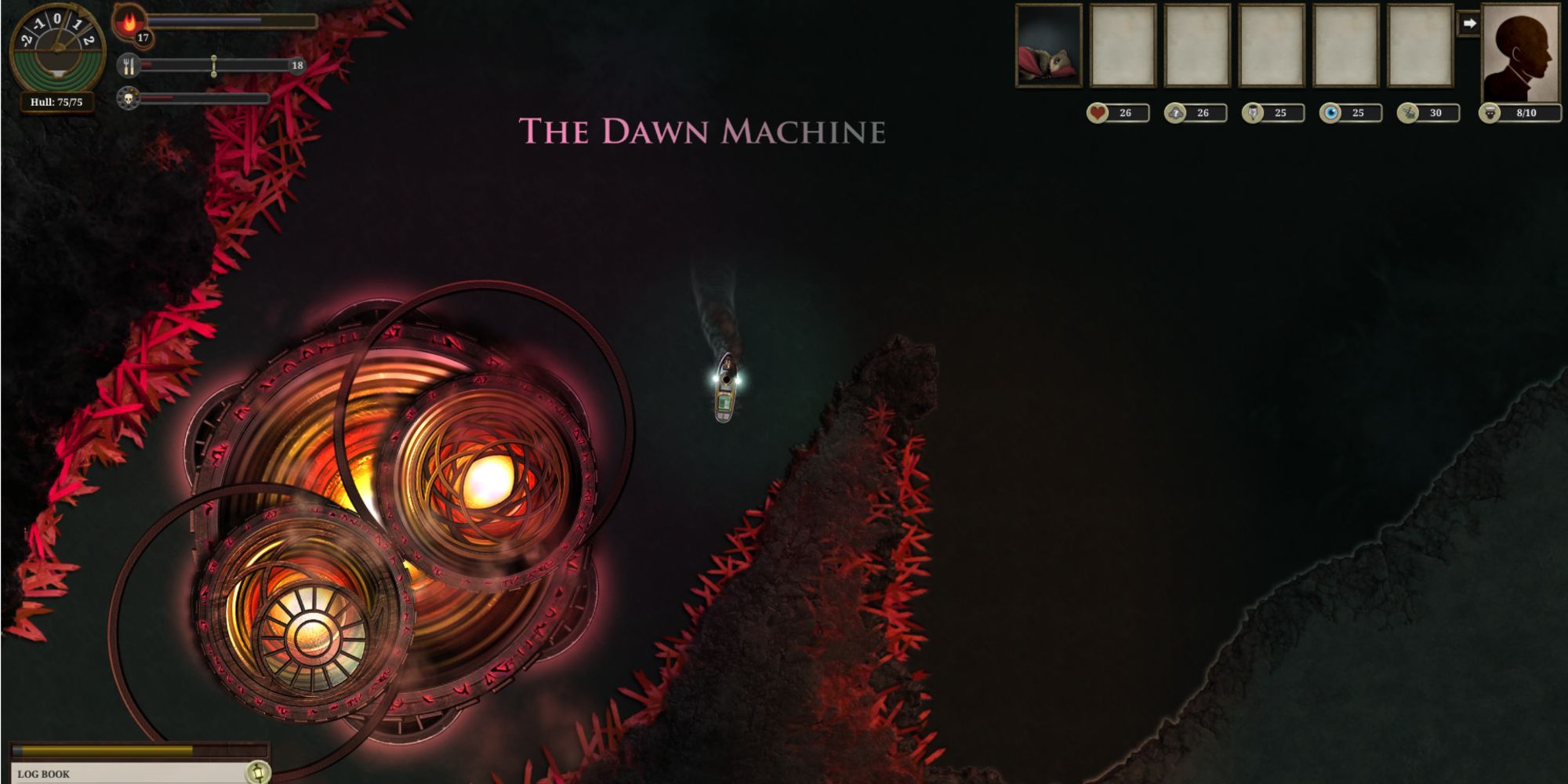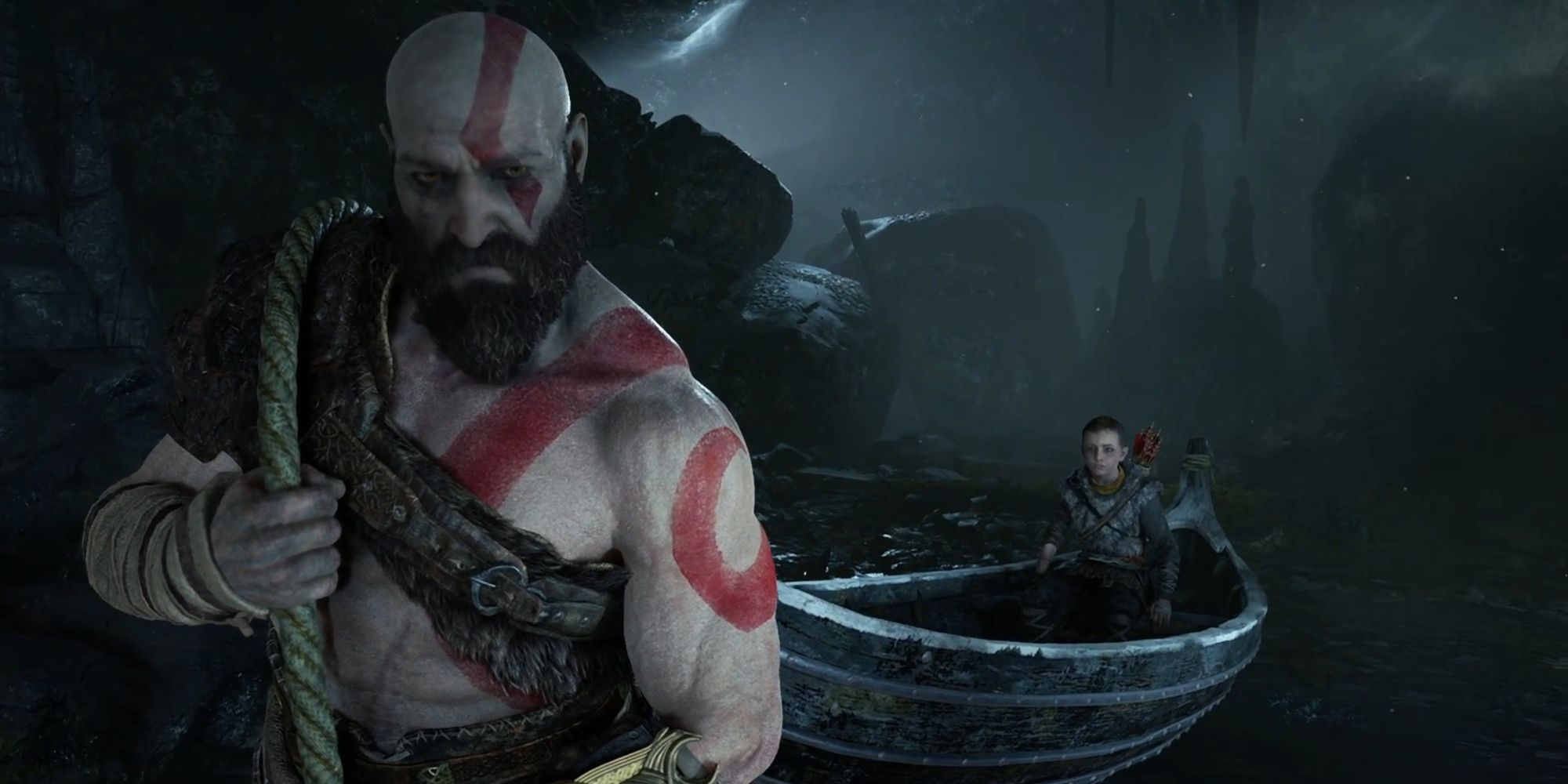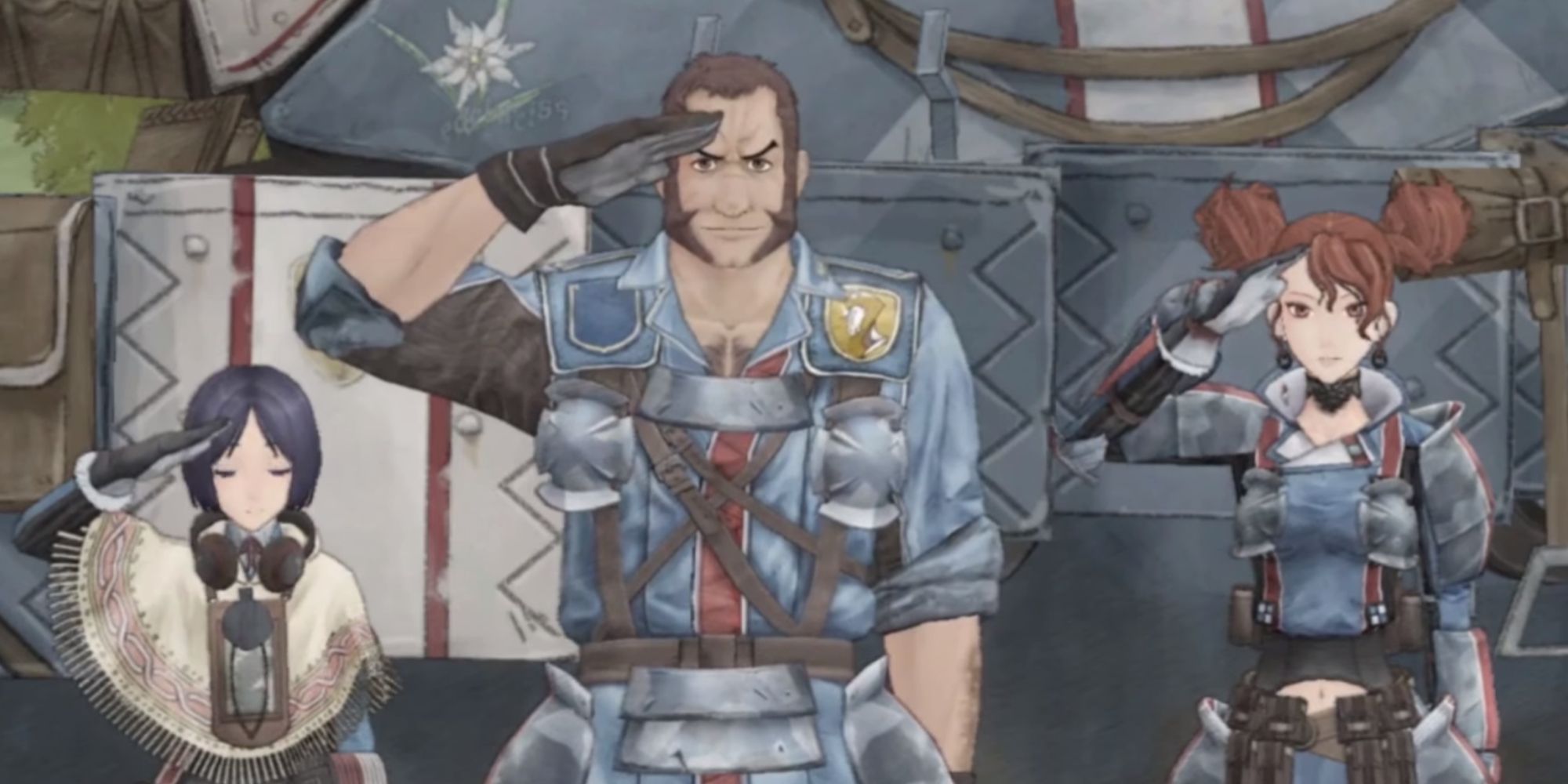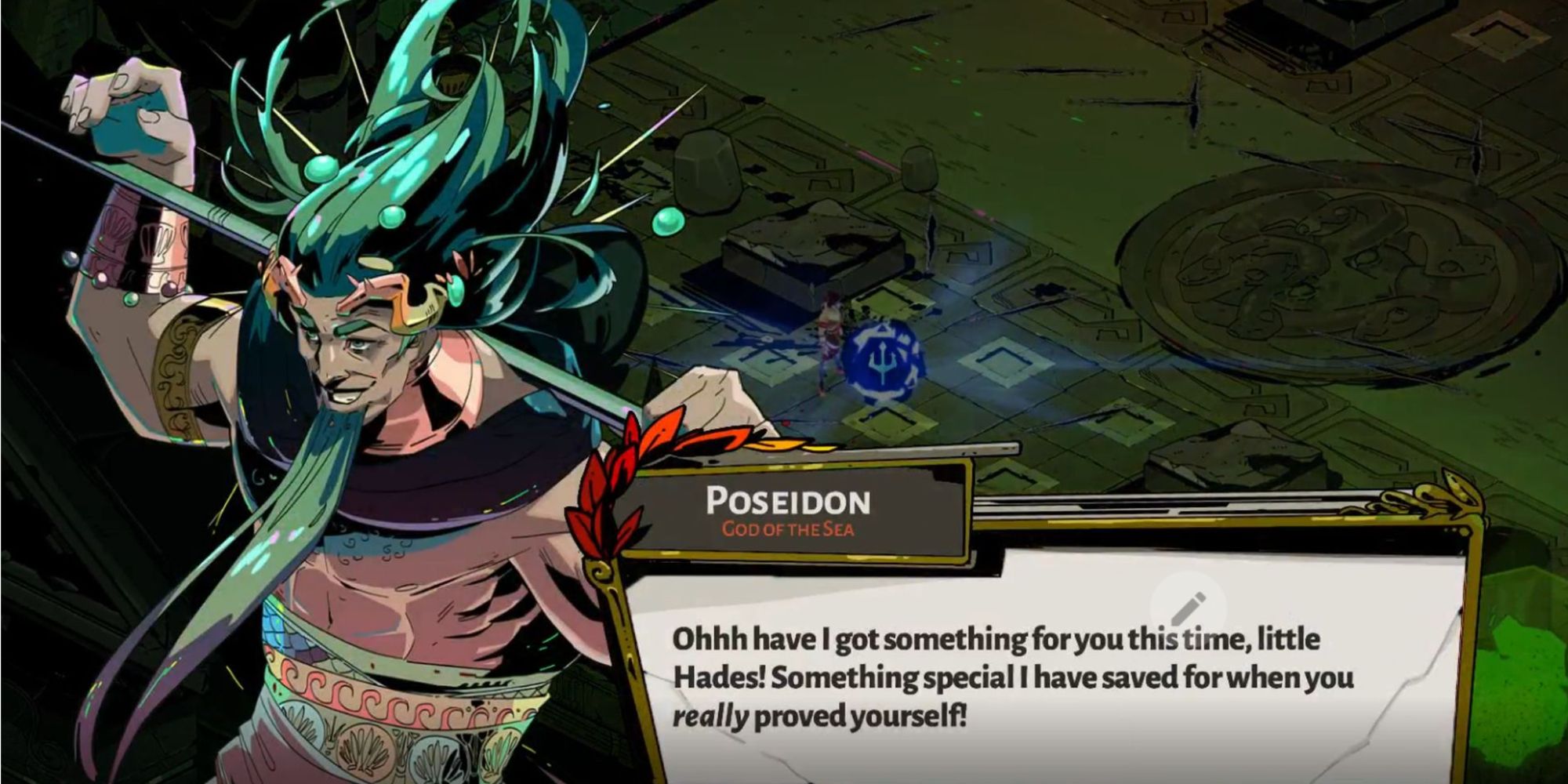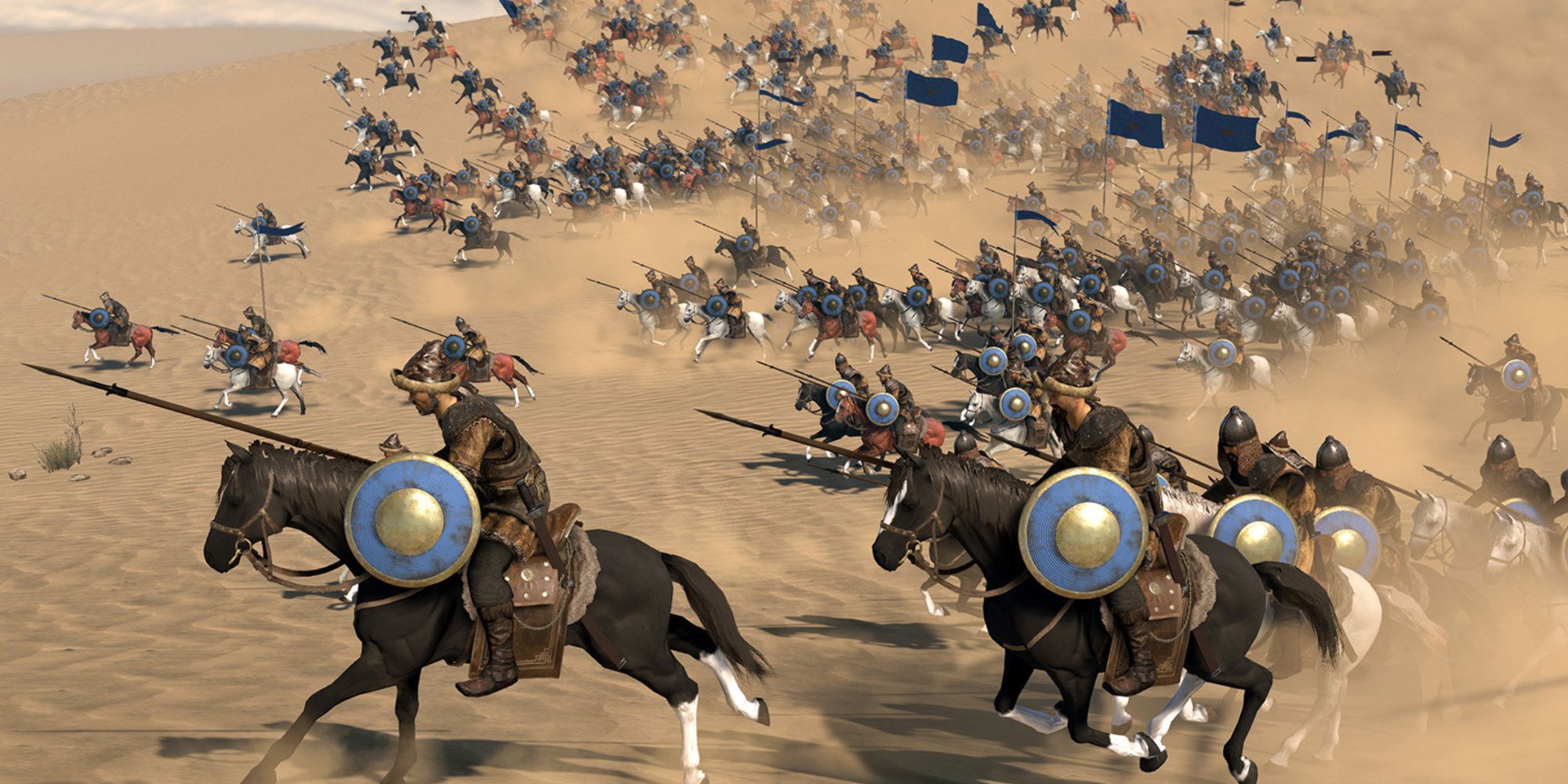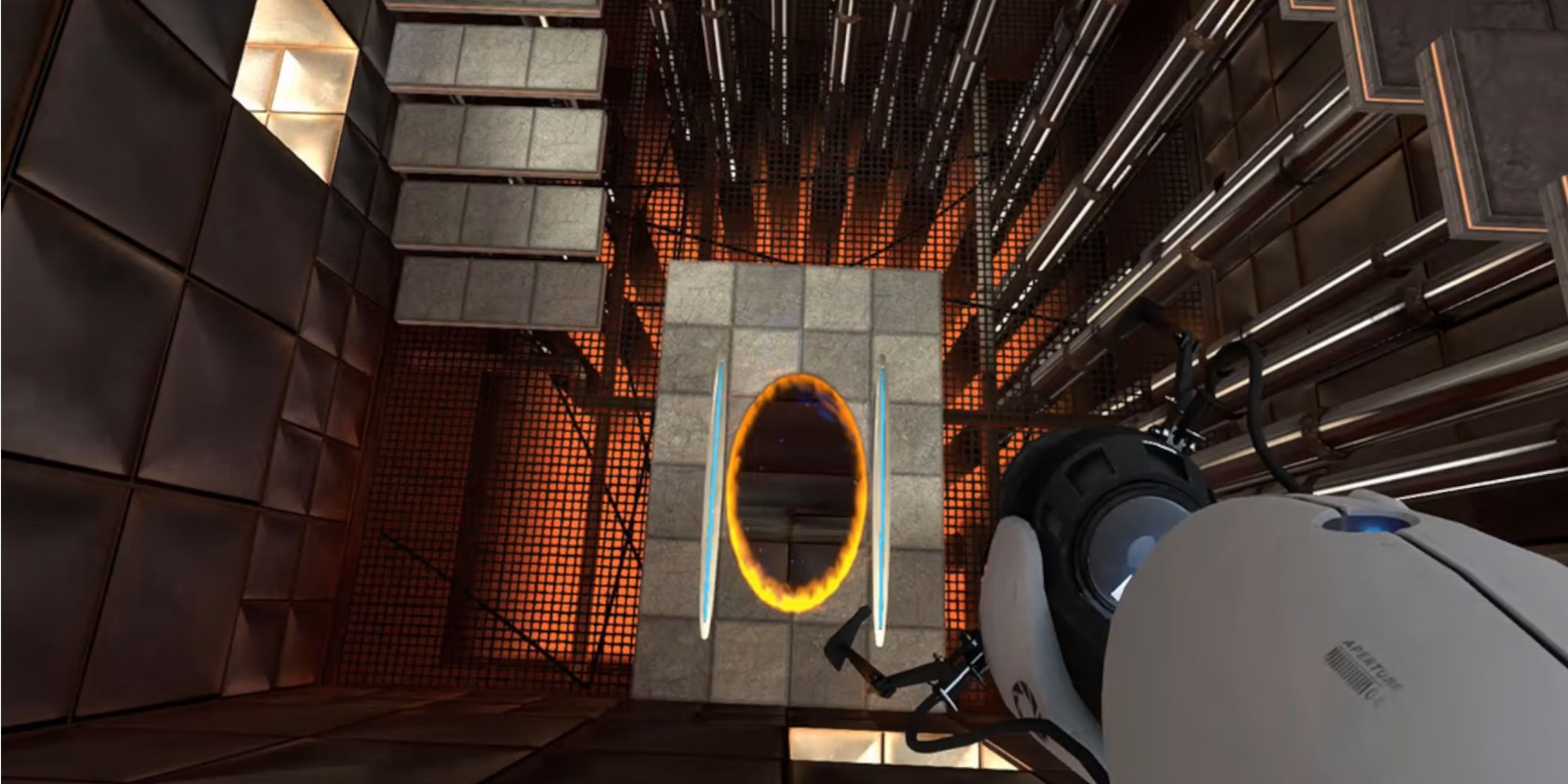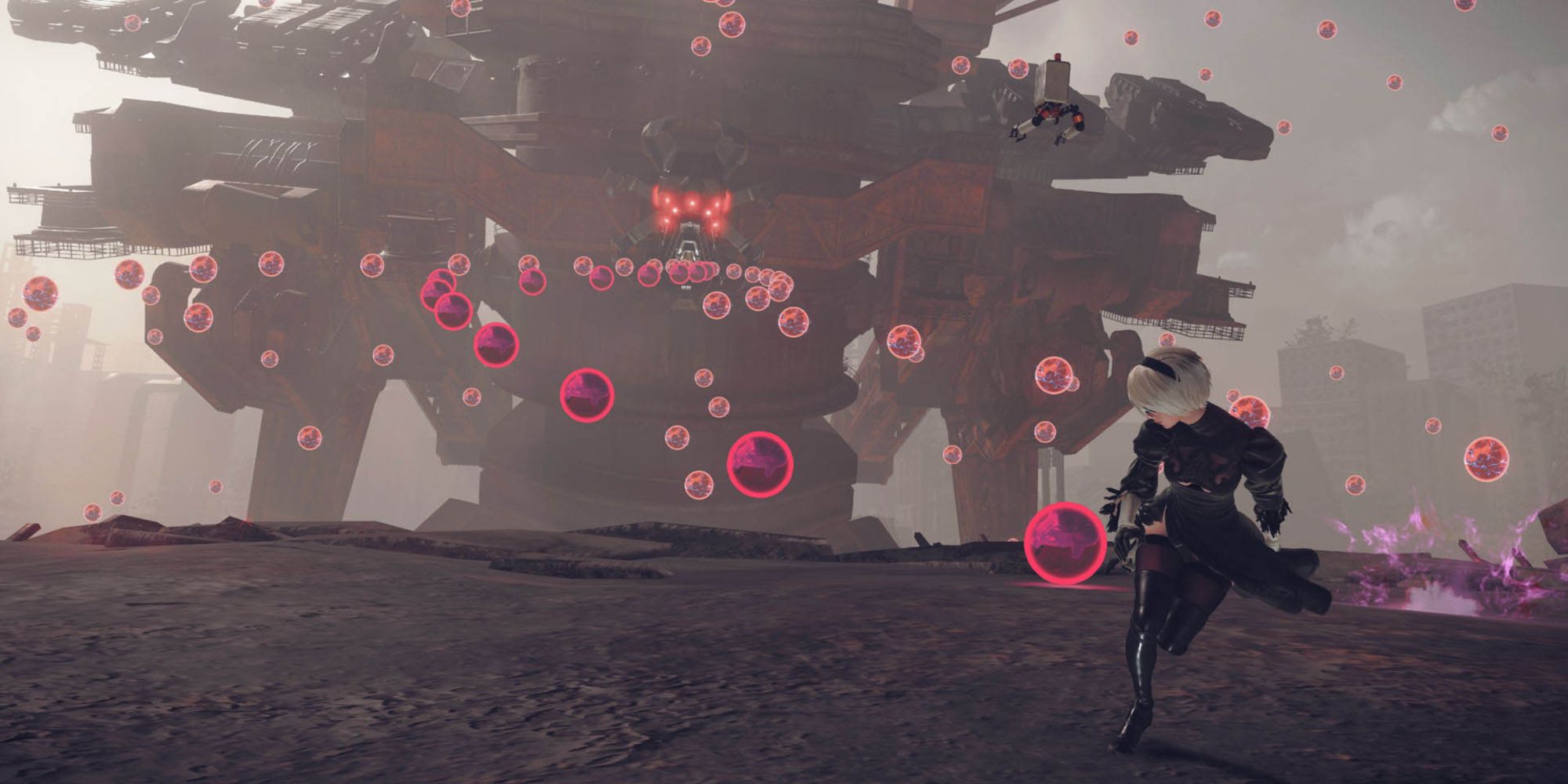Video game genres have always been a bit vague. Unlike film, where the genres have clearly defined frameworks, video games tend to base their genres on mechanics of design rather than plot elements. This isn't always the case — survival horror, for example, is a plot-based game genre — but a third-person action game can describe both Devil May Cry 5 and Uncharted 4: A Thief's End, despite the narrative content of each game being wildly different.
As such, video games are constantly merging genres, choosing elements that have worked well in previous titles, and fusing them together to make something new. Often, gamers won't bat an eye at this. Innovation is one of the best features of the video game industry. However, sometimes a game will take two or more unrelated genres and find a way to mesh them. It's rare (probably because it's not easy), but when it works out as well as it did for these games, it's hard not to wish it happened more often.
7 Sunless Sea
Genres: Text-Based RPG, Naval Ship Management, Lovecraftian Horror
Cosmic horror and the ocean go hand in hand. The vastness of the ocean compares naturally to the vastness of the Universe, and ancient horrors lurking below the surface are almost too easy to imagine. Given the density of Lovecraft's writing, a text-based RPG suits his unique style of horror quite well.
What's unexpected is to take those elements and wrap them in a ship management game. Players manage their fuel and food supplies, engage in combat with pirates, and navigate from island to island. It's as if Bloodborne was crossed with Euro Truck Simulator. It shouldn't work, but it does. The mounting dread that comes from being far out at sea and low on fuel is juxtaposed with equally potent fear of what horrors may exist on the next nearby island. Yet, the fascinating world design and excellent writing reward every venture into the unknown.
6 God Of War
Genres: Third-Person Beat-Em-Up, Cinematic Coming-Of-Age Narrative
The God of War series really is its own genre. Technically, it's a third-person beat-em-up game, but that description doesn't do the series justice. The scale of the action and abilities far exceed any Yakuza or Batman Arkham game.
Arguably the most extreme choice that Santa Monica Studios could have made for their God of War "reboot" would be to give Kratos — the series' hyper-violent, perpetually angry protagonist — a young son to raise on his own. Many fans were taken aback by the game's announcement back at E3 2016, comparing the dynamic between Kratos and Atreus to the Joel and Ellie's relationship in The Last of Us.
Any fears over the change in tone were alleviated though. God of War became an instant success, both critically and among fans. A major part of that was its compelling narrative and the deft handling of Kratos' evolving character. Currently, the game stands as a modern classic, one of the best games of the PS4 era.
5 Valkyria Chronicles
Genres: 3rd-Person Shooter, Turn-Based JRPG
A series that dates back nearly 15 years, Sega's unsung classic Valkyria Chronicles is beloved by a loyal and vocal fanbase to this day, even after six games and several Manga and anime adaptations. While the series doesn't have quite the same recognition in the West, it is still considered a JRPG classic thanks to its quality of storytelling and unique gameplay mechanics.
The thing is, those gameplay mechanics seem completely contradictory. The idea of a third-person shooter is to give players more freedom of movement and versatility. Taking that concept and then hindering it with a turn-based combat system seems like it would decimate the flow of gameplay. Instead, it creates a more tactical experience, where players are forced to consider the consequences of their every move before committing. Positioning, ability range, and environmental layout become essential in Valkyria Chronicles, and the result is one of the most engaging third-person gameplay experiences around.
4 Hades
Genres: Roguelike, Dating Sim
Supergiant Games are no stranger to taking creative liberties with the genres of their titles. Bastion, Transistor, and Pyre all have a unique twist on their isometric gameplay designs that make them special. However, none has gone so far off the rails — nor been as successful in doing so — as Hades. The roguelike genre is stuffed full of indie games, and Hades not only stole the limelight, but was considered one of the best games of 2020.
Part of that was due to its excellent gameplay design, but also due to the huge number of characters to interact with. While players can't really "date" the gods of Olympus, they can still forge deep relationships with them, as well as develop relationships between them and other gods. They'll even be able to bond with the game's bosses eventually, and the characters that can be chosen as romance options add more to the game than just their role as a love interest. Each character significantly contributes to Hades' gameplay to some extent, even if the player doesn't fall in love with any of them (although that's almost impossible).
3 Mount And Blade II: Bannerlord
Genres: Third-Person Action, Real-Time Strategy
This is not the only Mount and Blade game that could fit in on this list; every entry in the series meets these criteria. However, Mount and Blade II: Bannerlord currently stands as the most complete, modern, and functional entry in the series.
The idea is simple: a third-person combat game emphasizing on battlefield tactics and realism, crossed with an overworld map controlled similarly a real-time tactical strategy game. Players can take control of one individual soldier, or issue orders to a larger group in real-time battle. Then, when the battle is done, they can recruit and train more soldiers, trade with other kingdoms, and prepare for the next battle in an RTS-style tactical mode.
The fast pace of third-person battle and the slow pace of real-time tactics should give players constant whiplash, but all the systems fit together. Recruiting and training a soldier before leading them into combat is extremely gratifying. While these games still hover in the double-A gaming landscape, they have seen enough success that there's a good chance fans will get an even more complete entry in the Mount and Blade series in the future.
2 Portal
Genres: First-Person Shooter, Puzzle Game
This is old news by now, but upon its release Portal was an anomaly. A first-person shooter with no enemies to shoot? A puzzle game where the only tool available was a gun? It all seemed a bit ridiculous, and when the game was first released as part of the Orange Box collection, it seemed like an afterthought. Looking back, Portal may be the most iconic game in that collection.
Portal was not only a success in and of itself, it reshaped the gaming industry. Developers realized that one or two unique mechanics could carry a smaller title to success in a way that bigger, more complicated games couldn't replicate. At the time, Portal was a game all its own. Looking back, games like The Witness, The Talos Principle, SuperHot, and Fezprobably wouldn't exist today without Portal being there to pave the way.
1 NieR: Automata
Genres: Third-Person Action, Isometric Bullet-Hell Shooter, 2D Platformer, JRPG
Anyone who's played NieR: Automata knew it was going to be on this list. It's a game that juggles so many genres it defies classification. While at its core it is a third-person action game, there isn't a single mission in the game that doesn't incorporate at least one other genre into the mix, if not several.
The fact that it all works is nothing short of a miracle. NieR: Automata switches genres like a dad switches TV channels, sometimes changing camera angles mid-fight sequence, and yet not only does it not become a problem, it makes the game better. Add to that a JRPG narrative about robots fighting aliens that is somehow the most philosophically-affecting story of the decade, as well as a nearly perfect soundtrack, and NieR: Automata is likely the greatest genre-mashup video game of all time.

